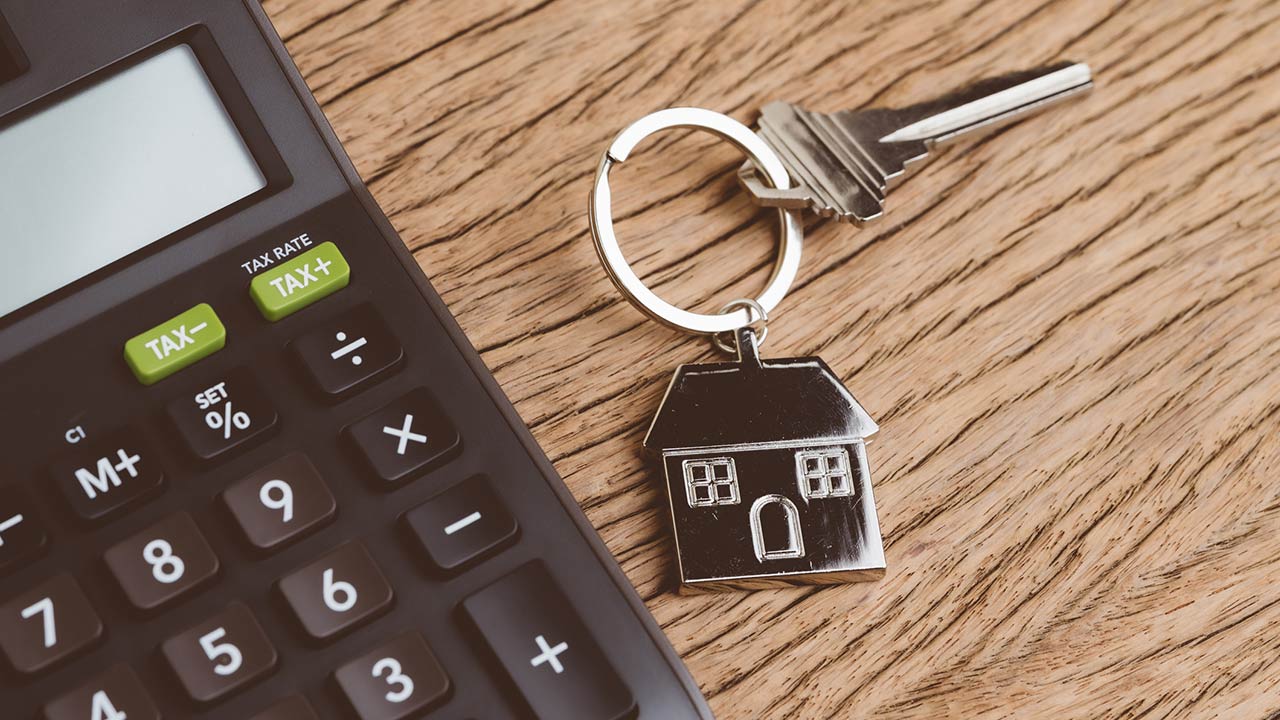An HOA Can Mess Up the Sale of Your Condo: Here’s How
Out of all things that could make it tough to sell your condo, your homeowners’ association (HOA) can be one of them.
Condo owners are bound by the rules of the HOA. Certain restrictions, such as paying monthly dues and assessments, come with being a condo owner. They’re pretty standard, and not exactly a secret. But what might not necessarily be as well known are the possible red flags that could spring up when it comes time to sell your unit. It’s often not until a buyer with a signed purchase agreement discovers that they can’t get approved for a loan that these issues rear their ugly heads.
Here are 4 things that can pop up and totally mess up the sale of your condo.
There’s Not Enough Money in the Pot
The financial health of the condo’s HOA can be a huge obstacle when it comes to selling your unit. If the condominium association doesn’t have the funds needed for various things, such as repairing the common areas or keeping up with regular maintenance, you might have a bit of a problem on your hands when it comes time to sell the place. While these sorts of issues won’t necessarily thwart a deal all on their own, they sure can add to the lack of salability of your condo.

Your lender might be willing to bend a little for you if all other factors are favorable. For instance, if the buyer is willing to put a large down payment up front and has an excellent credit score, the lender might overlook the financial position of the condominium corporation. On the flip side, however, if the buyer has a tiny down payment, no collateral, has a poor credit score and doesn’t have much of an income, a bad HOA scenario could essentially kill the deal.
There Are Way Too Many Renters in the Building
According to the bank, a condominium complex is considered to be a much higher risk if it is filled with a lot of rental units. Banks prefer to see these complexes being occupied predominantly by home owners. The theory behind this thinking is that people who actually own their units are much more likely to take better care of them, and have a vested interest in making sure that the common areas of the building are properly maintained. Such may not necessarily be the case for someone who is just renting the place out.

For this reason, the majority of lenders will probably be hesitant to offer a buyer a loan if the ratio between tenant to owners is off kilter. Many times sellers have no clue about how many renters are living in their building, and neither do buyers. Information like this could only be found out through a completed and distributed Condominium Certificate. This kind of problem has become increasingly worse over recent years as sellers have realized the hard way that they needed to rent their units because they could not get the equity required to sell.
One Investor Owns a Number of Units in the Building
If one investor owns a bunch of units in the building, this could be an obstacle for anyone looking to sell in the same complex. Lenders aren’t too fond of this type of situation because the risk of the owner defaulting on HOA dues is pretty high.

Over a decade ago when the real estate market was hot, tons of investors snatched up a lot of condos. But as the market started to cool off, prices inevitably fell, forcing these investors to have to rent the units out instead of flipping them for a profit. With so many units in a building being owned and rented out by the same individual, buyers will probably have a tough time getting loans.
There’s Not Enough Insurance to Cover the Condo
Before lenders even consider offering a loan to a buyer to purchase your condo, they need to be satisfied with the amount of insurance that the condominium has. For instance, if anyone is suing the condo for any reason (which is another red flag all on its own), the insurance should be enough to cover any expenses associated with these pending lawsuits. If there is not enough insurance to pay for these circumstances and others, the condo will be viewed as risky business in the eye of a lender, and a loan will probably not be approved.

Do yourself a favor and get acquainted with your condo’s HOA. Ask the HOA management company important questions, including how many renters are in the complex, what the finances of the condo are like, and if there are many units owned by the same person. Get in touch with a lender or mortgage broker to help you identify what it would take for a buyer to get approved for a loan to purchase your condo. And as always, work with an experienced real estate agent who can help you identify any potential red flags that could pop up when you’re trying to sell your unit.








